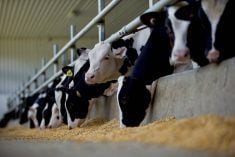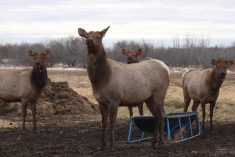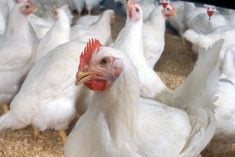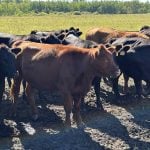Canada has reopened its ports of entry to horses coming up from Colorado, ending restrictions imposed after an outbreak of a viral horse disease in that state.
The Canadian Food Inspection Agency had in mid-August slapped a ban on entry to Canada for any horses originating from Colorado — similar to a May ban that remains in place on horses from the state of New Mexico, both due to outbreaks of vesicular stomatitis (VS).
VS is a viral disease that can affect horses, ruminants (cattle, sheep, deer, llamas) and swine. In affected animals, VS causes mild fever and the formation of blister-like lesions on the inside of the mouth, and on the lips, nose, hooves and udder.
Read Also
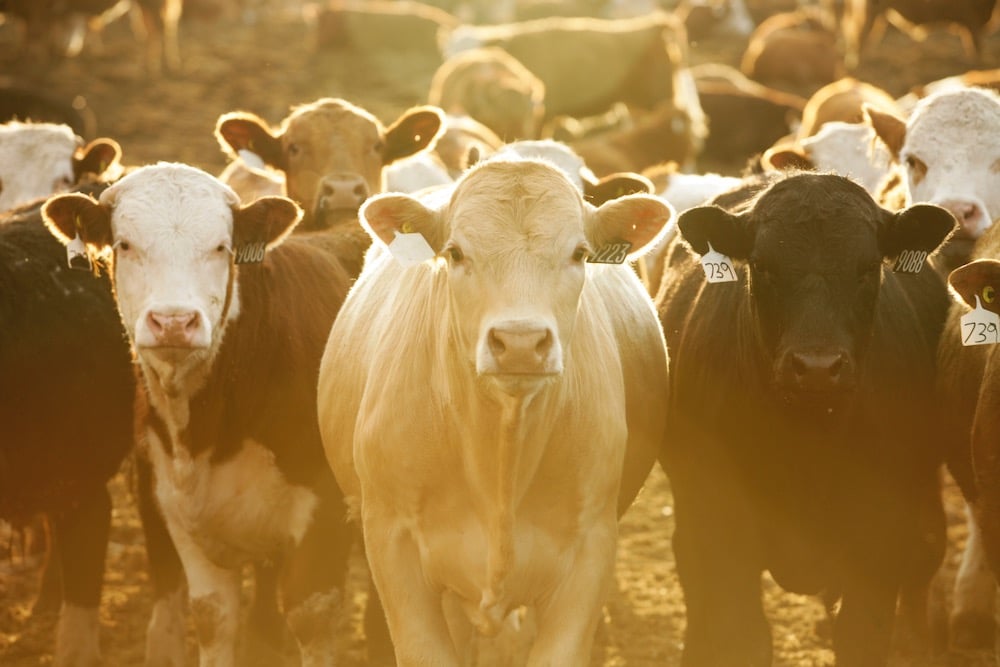
U.S. livestock: Cattle futures drop on Trump call for lower prices
Cattle futures on the Chicago Mercantile Exchange dropped sharply on Wednesday, reacting to comments from United States President Donald Trump…
VS can also cause influenza-like symptoms in people who come into contact with infected animals, CFIA warned in a release Friday. Anyone handling "suspect animals" should wear protective clothing.
While horses originating from New Mexico still aren’t allowed to enter Canada, Canadian horses can return from New Mexico subject to "additional import requirements."
U.S.-origin horses coming into Canada from any other U.S. state also still must cross with official documents certifying the animals haven’t been in New Mexico within the previous 21 days.
Canada’s last domestic case of VS was diagnosed in 1949. The country is now considered free of the disease, and an outbreak could mean "a loss of markets for live animals, meat and animal genetics," CFIA said.





